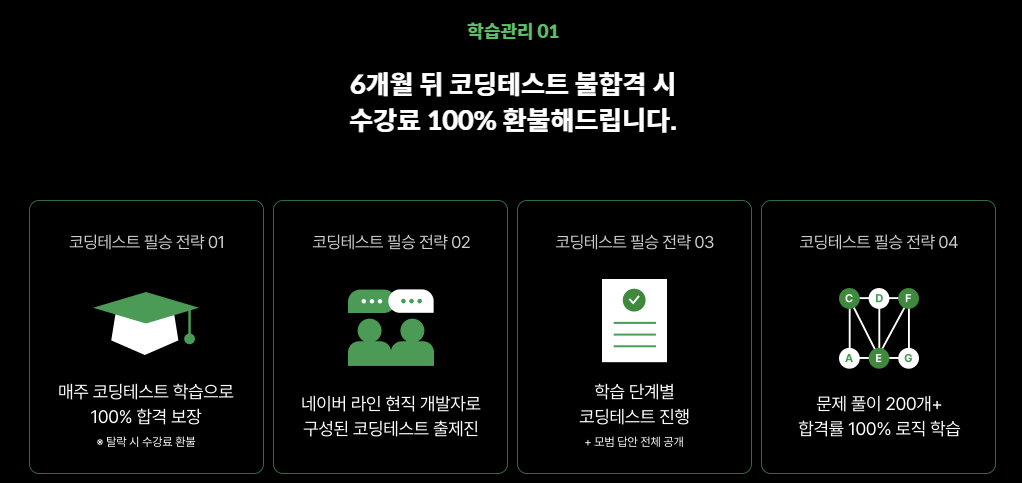The Mid-Career Crisis of the Average K-Marketer: “Is It Just Me?”

Every working professional hits a wall at some point. That initial thrill of landing the job of your dreams fades, replaced by a dozen daily sighs and thoughts of quitting. While this is a common experience across all fields, for marketers who have been in the game for 2-3 years, it can feel especially acute. The work is familiar now, but the looming question is: “Is this what I want to keep doing?” It’s a moment when career doubts creep in, and even the prospect of switching industries is on the table.
H, who now leads marketing at Snowball, was once in this very place. But three years after joining Snowball with a “let’s give this one more try” attitude, H now manages a team of 13 marketers. The job satisfaction is real. So, can mid-career marketing blues be overcome? We sat down with H, now a 9-year marketing veteran, to find out.
Year Three of Marketing: The Wall Appeared
H’s marketing career began in the early days of Day1 Company (then Fastcampus), when the focus was entirely on offline job training courses. The company was small but growing fast, and everyone was putting in the work. Still, despite the progress, H felt completely burnt out.
It got repetitive. Running the same ads for the same products made H worry this would be it—this is where the career ends. So H quit and switched industries. But the new job brought new frustrations. This time, it wasn’t the burnout, but a nagging sense that the product being promoted just wasn’t delivering. H couldn’t feel good about pushing something that didn’t seem to provide real value.

“Was I really cut out to be a marketer if my passion came and went depending on the product? Could I even stay in marketing at all? Or was it time for a whole new career?”
The disillusionment grew until H decided to leave the job. But even without a clear solution in sight, one thing was certain: no matter the industry or role, working for a business that made a positive impact on people and society was going to be non-negotiable in future job choices.
Opportunity Knocks at the Right Moment
“It was perfect timing.”
As H was navigating this career crossroads, a call came from Ji-hoon Kim, the CEO of Snowball, who had been H’s boss during the Fastcampus days. Snowball was no longer a small division within Fastcampus but had been spun off into its own standalone company. Ji-hoon’s vision? To tackle youth unemployment by providing high-quality career education content—solving a problem the market hadn’t managed to fix.
It was this mission that convinced H to return to the fold.
“I aligned so much with Snowball’s direction. Ji-hoon’s approach to education is about sticking with students until they actually land a job, not just when they purchase a course. Our mission isn’t over until the student completes their employment journey and secures the job they’ve worked for. That’s the kind of product I could feel proud of promoting.”
How Does a 9-Year Marketing Veteran Feel Now?

The team was brand new, with nothing neatly set up. But that chaos became an opportunity. The lack of pre-existing structures or legacies meant H and the team were constantly trying new things, shaking off any previous marketing doubts and diving deep into their work.
With no legacy to rely on, the team experimented freely to find better marketing approaches. Sure, 90% of the experiments failed, but the 10% that worked became the foundation for future strategies. H and the team shattered conventional boundaries, attacking the problem from all sides to make sure ZeroBase, a fresh face in the market, gained traction.
“Online marketing lets us target audiences easily, but when you’re marketing something like career education, there’s no chance of people stumbling upon your brand by accident. So, even if it doesn’t lead to immediate sales, we’ve done things like organizing offline coffee truck events or even holding writing competitions around the theme of employment. If we want the marketing to succeed, we need the education to be strong, so I find myself brainstorming ideas for the curriculum too, almost like a planner.”
Because of Snowball’s commitment to genuine results in career education, H no longer worries about crossing ethical lines with exaggerated advertising claims.
“In consumer goods marketing, sometimes you’re not sure if the product really works, but you still have to use bold, provocative language to drive sales. There’s none of that stress at Snowball. Our marketing is based on real employment outcomes. We can’t make things up or exaggerate. In fact, we tell people up front: if you don’t get a job within six months of finishing the course, we’ll refund you 100%. That’s how confident we are in our results, and that’s something all of us in the marketing team can stand behind.”
H jokingly noted that the missing half-star is due to the overwhelming workload
What’s Next for the Marketing Lead?
For a marketing lead, career growth requires more than just hitting KPIs. As the marketing head for Snowball, H sees personal success as intrinsically tied to the company’s growth. When asked about future goals, H’s answer was clear:

“My career will be judged by the growth of the company. If Snowball thrives, so does my career. I’m responsible for a department, and I can’t say, ‘Well, I did my job, but the company failed.’ That wouldn’t make sense. If I want to continue growing as a marketer, Snowball has to succeed. That’s my goal right now—making sure the company grows.”
H didn’t avoid the struggles and doubts that come with being a seasoned marketer. In fact, they lingered for a long time. But by staying the course, H found a path forward and grew even more. Having started as a performance marketer and now leading branding, content, and both online and offline campaigns, H has this advice for others in the field:
“If you’re suddenly hit with doubts, take a step back and reflect on your beliefs and values as a marketer. Find a product that you can promote passionately, break free from the mental box of your job title, and focus on helping your company grow.”
✍️Key Takeaways
- Everyone struggles with career doubts. Take the time to explore what’s causing the conflict, and solutions will start to appear.
- People find energy and motivation from different sources. Think about what brings you satisfaction and choose your industry and role accordingly to find joy in your work.
- It’s okay to feel lost. Periods of deep reflection often lead to significant breakthroughs.
